This simple rule works no matter what speed you're traveling at. That's because the faster you travel, the longer the distance you cover within the three-second time frame. If your speed increases, the distance between your vehicle and the car in front of you also needs to increase in order to leave the three-second gap.. More like this on our multimedia resourceshttp://www.animations.physics.unsw.edu.au/ and https://www.coursera.org/course/particles2planets

Safe Following Distance To Avoid Tailgating

Heavy Vehicle Braking Distance. Difference between Regular Family Car Stopping and Truck Stock

Right Hand Thumb rule (RHT rule), Class 10 Physics Digital Teacher YouTube

rule of thumb distances YouTube

Safety Driving Rules and Tips. Car Stopping or Braking Distance Stock Vector Illustration of

Range Rule of Thumb YouTube

Range Rule of Thumb YouTube
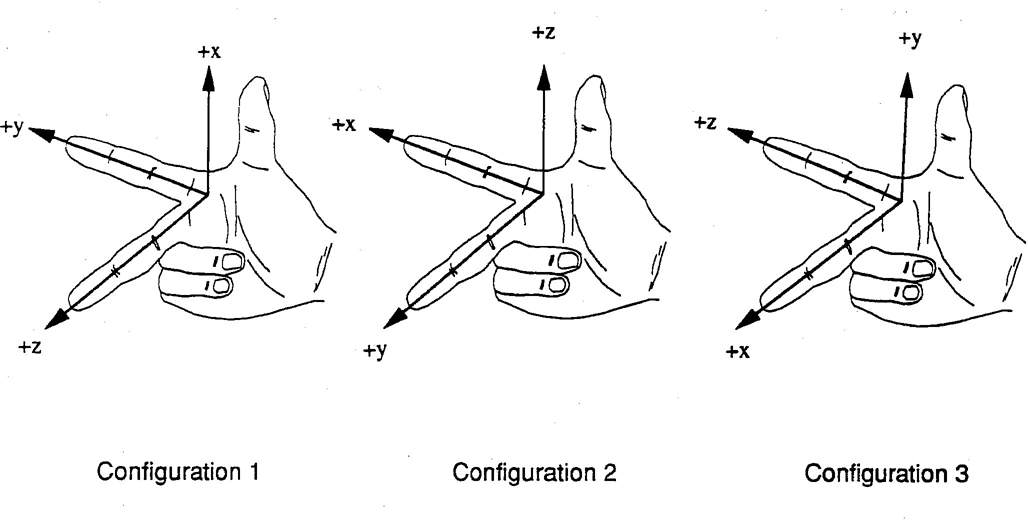
SIGN CONVENTION FOR VEHICLE CRASH TESTING

Thumb Rules In Building Construction For Civil Engineers Important Point Of Civil Engineering

Range Rule of Thumb YouTube
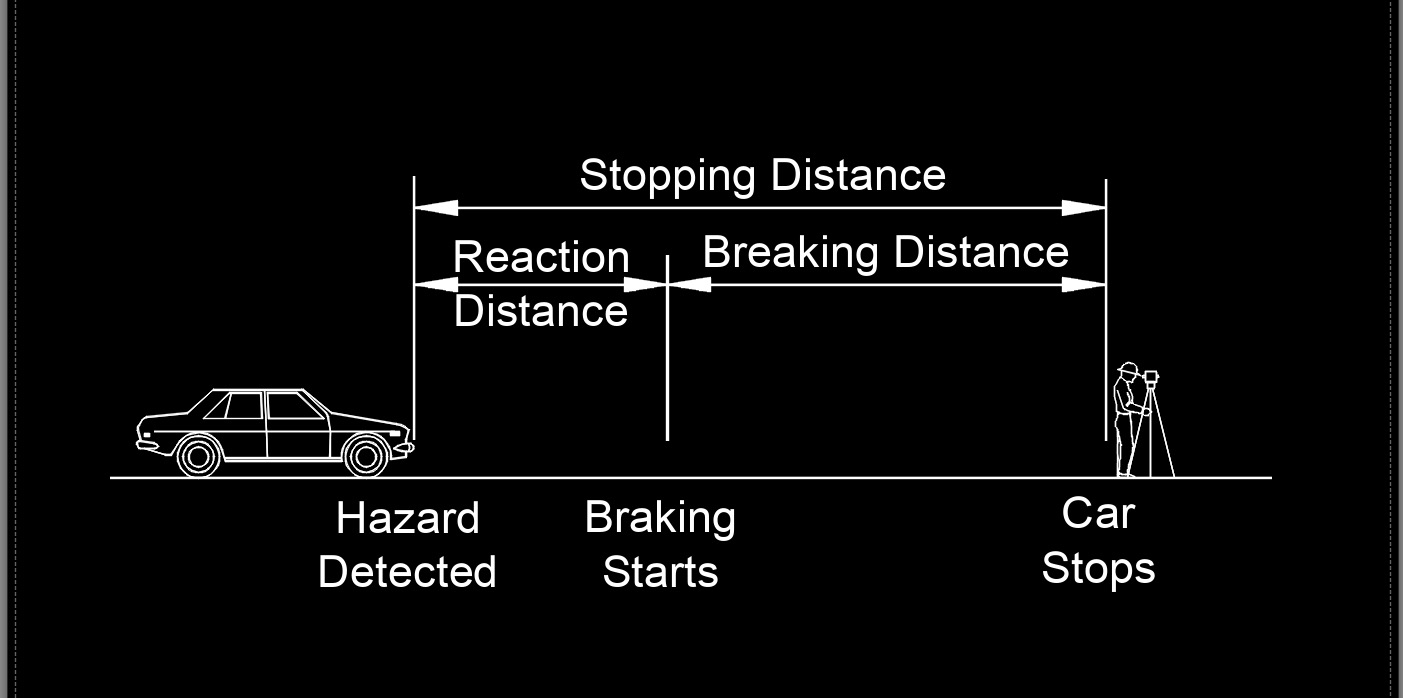
Stopping Sight Distance

Braking Distance Explained YouTube
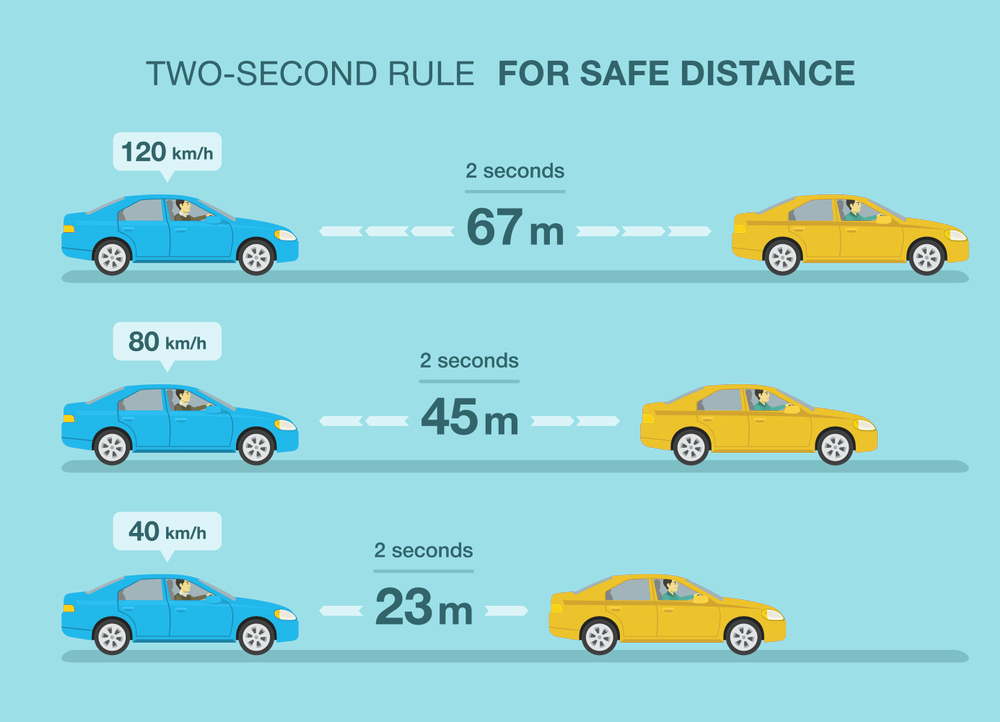
What Is Brake Distance And Stopping Distance? PSBrake

5 Rules Of Thumb That Need An Update

schoolphysics
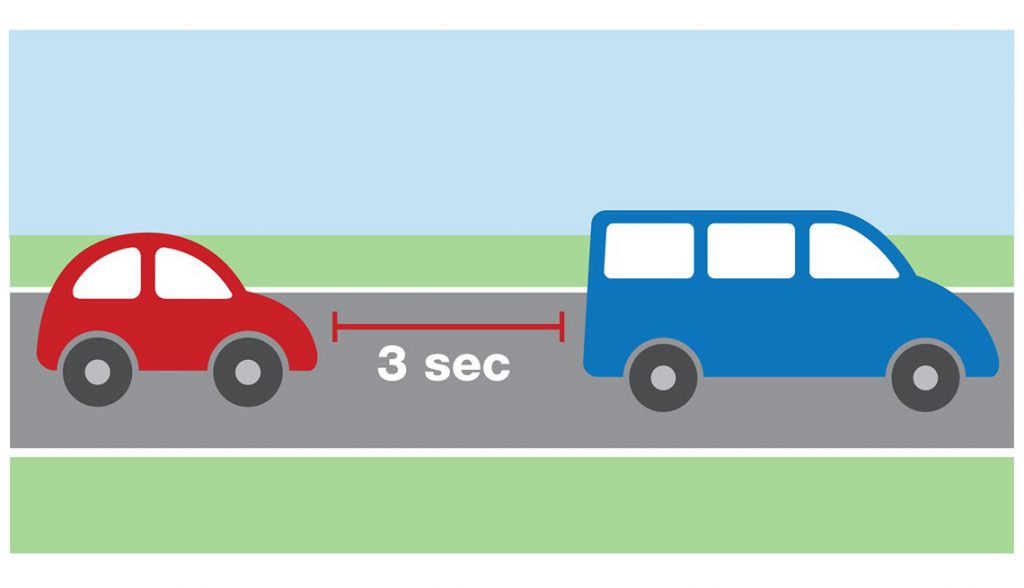
Safe Following Distance to Another Car The 3 Second Rule CAR FROM JAPAN

Fleming's Left Hand, Right Hand, Maxwell's Thumb Rule Compared
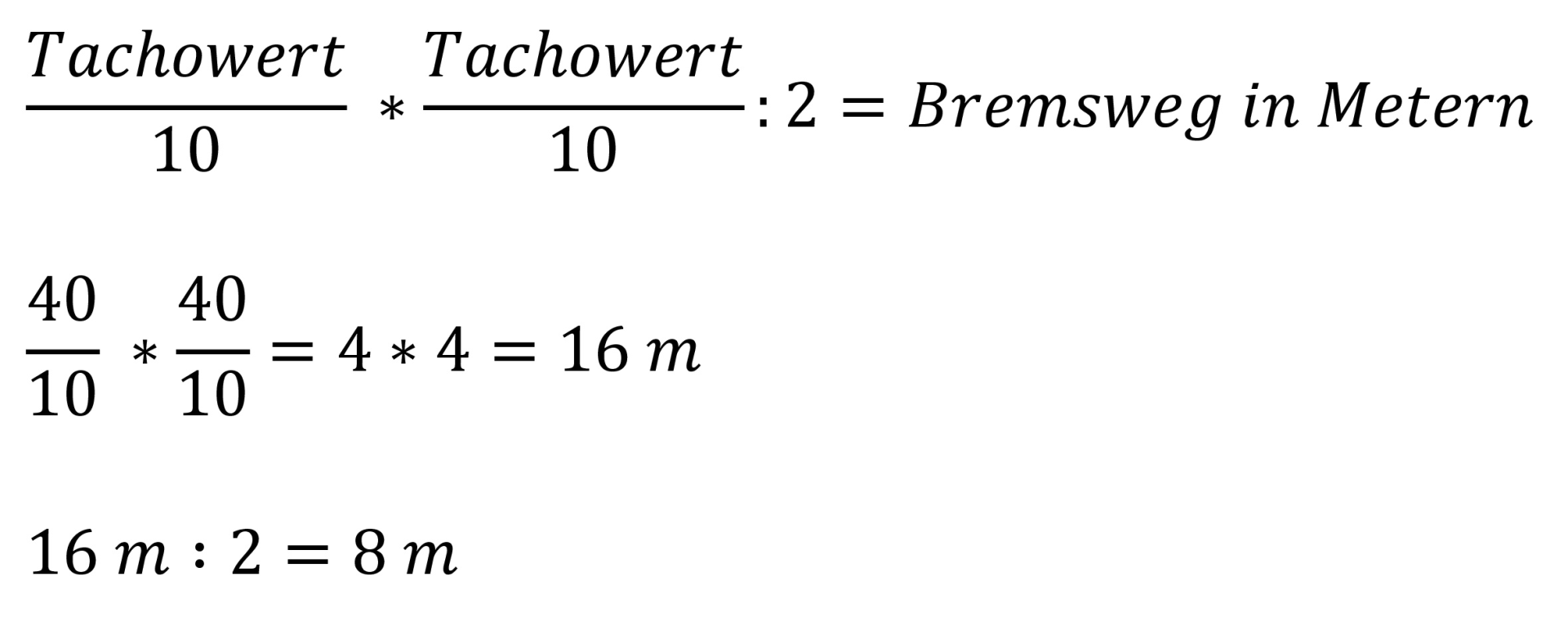
Rule of thumb Fahrschule am Waldplatz in Leipzig

Braking, Speed and Stopping Distances Driver Training Video YouTube

Rule of thumb traffic sign stock photo. Image of assistance 221414876
The distance traveled from the moment you first hit the brake until you come to a complete stop is called the braking distance. The stopping distance, on the other hand, is the total. many drivers are able to hit the brake much faster. You can use the following values as a rule of thumb: 1 second - A keen and alert driver; 1.5 seconds.. The rule of thumb for determining the stopping distance is: thinking distance (speed divided by 10 times 3) plus braking distance (speed divided by 10 times speed divided by 10). At 50 km/h, this is 50 divided by 10 times 3 equals 15 m thinking distance plus 50 divided by 10 times 50 divided by 10 equals 25 m braking distance.